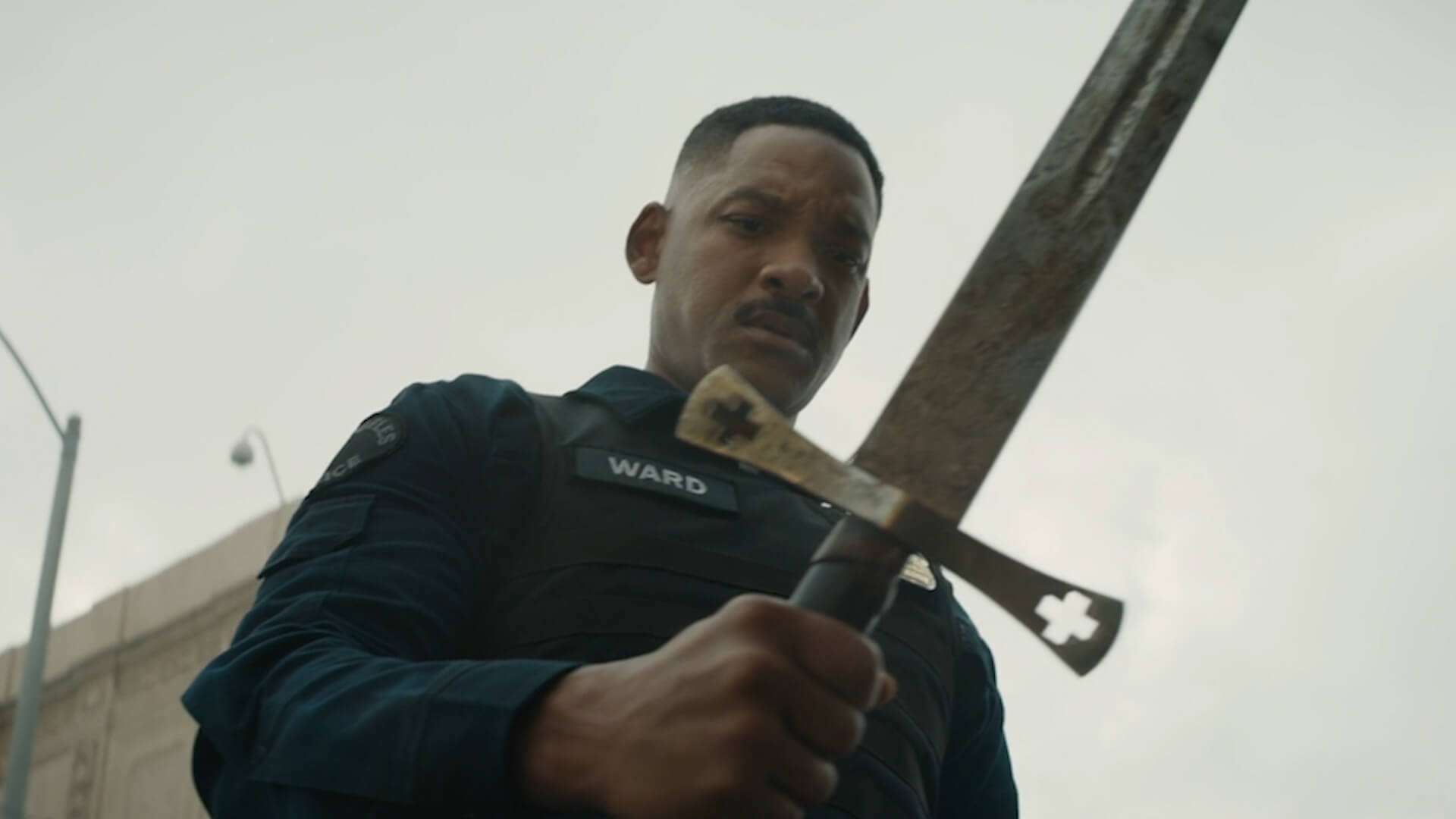Nielson, the 94-year-old company that has had a monopoly on measuring television ratings in the United States for as long as it’s been in business, has released an early viewing estimate on Netflix’s new film, Bright. Over 11 million U.S. subscribers streamed the fantasy, buddy-cop hybrid film its opening weekend, making it a surprise hit to fans despite the negative reviews that have been pouring in from critics since its release. These numbers come from the U.S. only, so the number of people who watched the movie in total may be completely different, as Netflix has been expanding their market overseas.
The void between how viewers and critics see the quality of certain films is spread further with both the overall reviews and the numbers coming in from Nielson this past weekend; the availability of titles on Netflix make films like Bright easy pickings for viewers looking for a popcorn flick to enjoy on a night at home. But this doesn’t necessarily mean that it’s actually any good. Or does it?
Over the years, it’s been hard to gauge where streaming services such as Amazon, Netflix, and Hulu stand on their numbers While Amazon and Hulu remain stubborn on handing out their numbers to Nielson, the television monopoly has recently been given permission by Netflix to analyze the amount of viewers their titles are getting. This milestone is an important one because it allows consumers and critics alike to see how certain shows are faring in the field of daggers. That is, the endless sea of titles available to those who have subscriptions to these various streaming services. With there being so many shows (both new series and seasons) and movies being constantly released, it’s hard to stand out.
For Bright, the ratings released by Nielson shows that–although critics aren’t impressed by Netflix’s first endeavor in making big, expensive films–critics don’t have the whole say in what makes a film successful. The movie cost between $90-$100 million dollars, making it a risky move for Netflix. David Ayer takes the most heat, though. Since the negative reception of his DC team-up film, Suicide Squad, there was clearly some hope that he would deliver in Bright. Unfortunately, critics wouldn’t think so. Yet, fans tend to disagree–if the 88 percent score on Rotten Tomatoes is reflective of what they actually think.
The question remains, then: is a movie, like Bright, considered a success if it’s bringing in both the viewers and ratings outside the critic’s point of view? Considering that there’s a sequel in the works, with Will Smith confirmed to reprise his role as LAPD officer Daryl Ward, the evidence seems to lean towards the more obvious conclusion that success doesn’t depend solely on what the critics think. For example, Bright came out on top above the second season of the British drama series, The Crown, after Christmas weekend. The numbers still don’t compare to those of the second season of Stranger Things‘; upon release, the premiere episode brought in an average of 15.8 million viewers. But still, one can speculate on the implications that Nielson’s access to Netflix has on the streaming service’s overall ratings as time progresses.
Sources: Variety, Screen Rant







